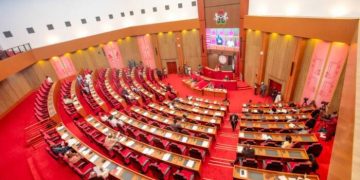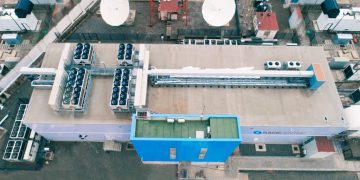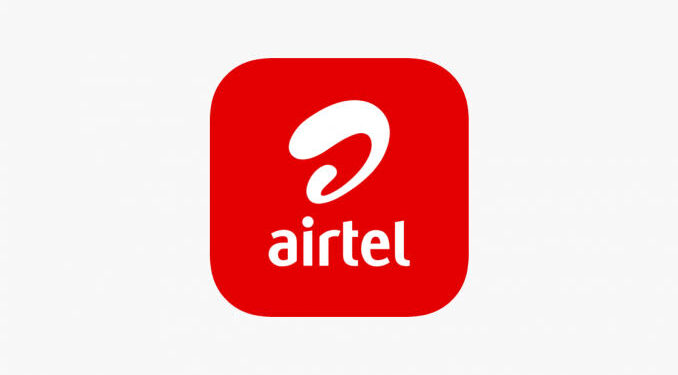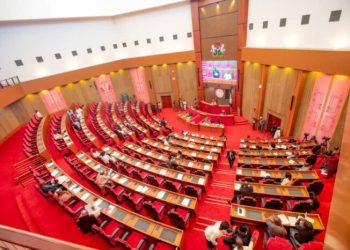Airtel Nigeria has joined the growing call for a tariff hike in the telecom sector, citing a massive surge in their operational costs. According to the company’s CEO, Dinesh Balsingh, operating expenses have skyrocketed by over 300% in just 18 to 24 months.
In an op-ed, Balsingh stressed the need for price adjustments to maintain service quality and support Nigeria’s digital growth. “For over a decade, tariffs have remained static despite the dramatic increase in operating expenses,” he said.
“To continue providing high-quality services and meeting the growing demand for digital connectivity, it has become essential to realign our pricing structure with economic realities.” Balsingh said.
Balsingh pointed out the critical investments needed to sustain and expand telecom infrastructure.
“The increasing demand for digital services across sectors such as education, banking, and healthcare requires us to continually upgrade our networks to deliver more capacity and improve service quality.
“These investments come at a cost, one that must be shared proportionally to guarantee long-term viability,” he said.
He argued that the proposed tariff adjustments would ensure the telecom sector’s sustainability and enhance service delivery. According to him, the telcos’ priority is to ensure that no one is left behind in the country’s digital transformation journey.
Last week, MTN Nigeria’s CEO, Karl Toriola, echoed similar concerns. He revealed that telecom operators had requested a 100% tariff increase to sustain the industry. “We’ve put forward a request of approximately 100% tariff increases to the regulators,” Toriola stated. However, he expressed doubts about the approval of such an increase, acknowledging the regulator’s sensitivity to Nigeria’s economic situation.
Both the Association of Licensed Telecom Operators of Nigeria (ALTON) and the Association of Telecommunication Companies of Nigeria (ATCON) have been advocating for tariff reviews for over two years. They argue that the rising operational costs pose a significant threat to the industry’s sustainability.





















































